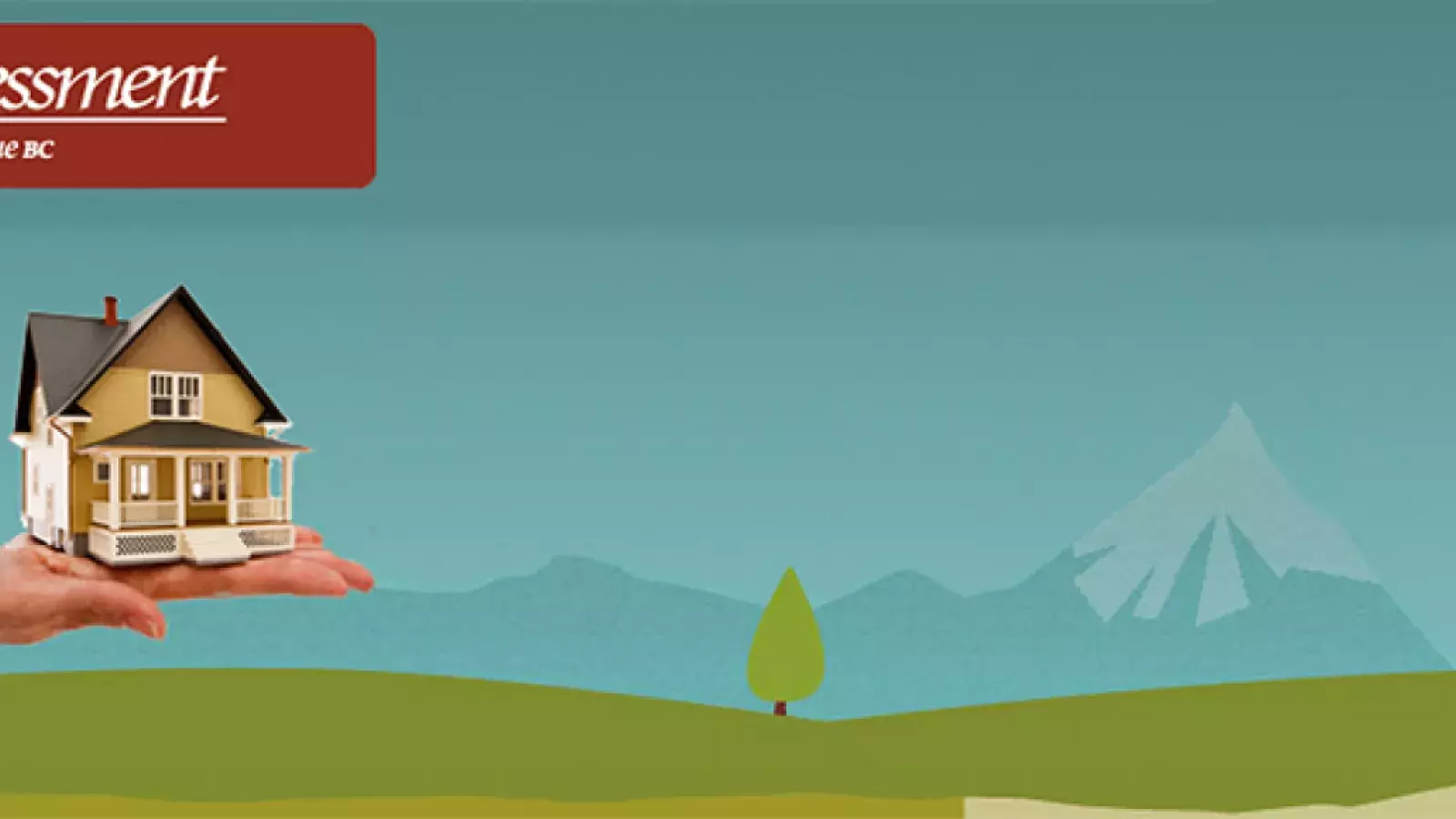Assessments have landed in everyone’s mailboxes and, for prospective sellers, the increase in value is good news. However, concerned homeowners often ask if an increase in value also means an increase in property taxes and if so, what can they do about it?
There are several items to consider. Your 2015 assessment statement is based on market value as of July 1st, 2014. To gauge market value, BC Assessment looks at all the sales on your block and immediate area. In essence, the property appraisals are done in bulk based on the current information BC Assessment has available. Which means, if you own a property that is unique in any way, there could be a chance it was mis-valued.
Consider this scenario: There have only been a few sales in your area over the last year or two and they have been for some of the nicest, highest valued homes in your area. Your home is 45 years old and on a busy street – you could make a case to reduce your assessment value. Perhaps your property has an easement, or you are located on a hill where most homes have a view but yours is obstructed by a large tree – basically anything that may reduce your property value. A new feature is now available on the BC Assessment website that allows you to see the assessment values of all your neighbours’ homes.
If, after reviewing this information, you still feel your property has been mis-valued, you may appeal to the BC Assessment board. Note that appeals must be filed by February 2nd, 2015 and BC Assessment encourages you to speak with them before filing for a formal review. (See the BC Assesment Appeal Guide for more information.)
There are also many sub-categories for grants and property tax relief. In particular, you can find opportunities for relief and savings for those over the age of 55 or 65 in the \"Home Owner Grant\" section of the www.2.gov.bc.ca website.
If you are 65+ and your property is your principle residence, you may qualify for a larger homeowner grant of up to $845. However, if the value of your property is in excess of $1,100,000 you will start losing some of that grant. The good news is that if you make less than $30,000 per year in income, you may apply to get the full grant back.
If you are 55+ and your property is your principle residence, you may apply to have your property taxes deferred with a low 1% loan from the government.
On a final note, if your 2014 assessment is only 10-15% higher than the 2013 assessed value, there’s no need to panic. It does not mean that your actual taxes will go up by that percentage. In fact, in many cases, the actual taxes do not change much at all.



